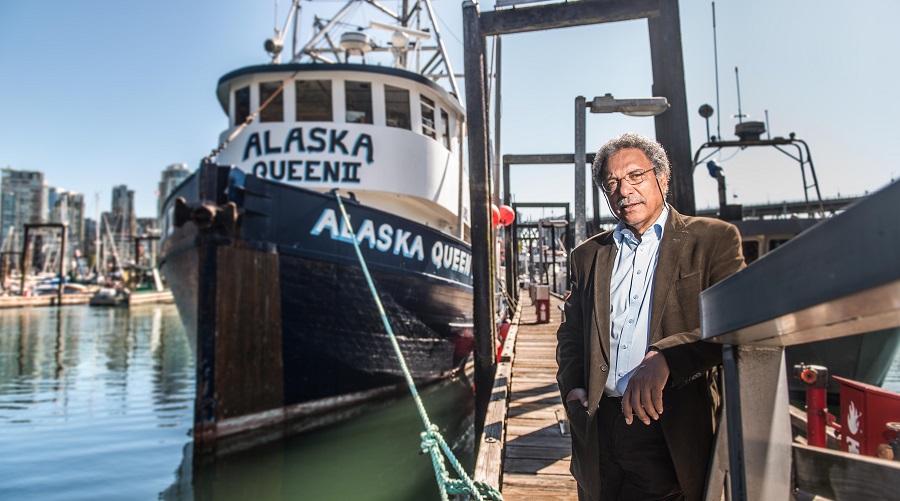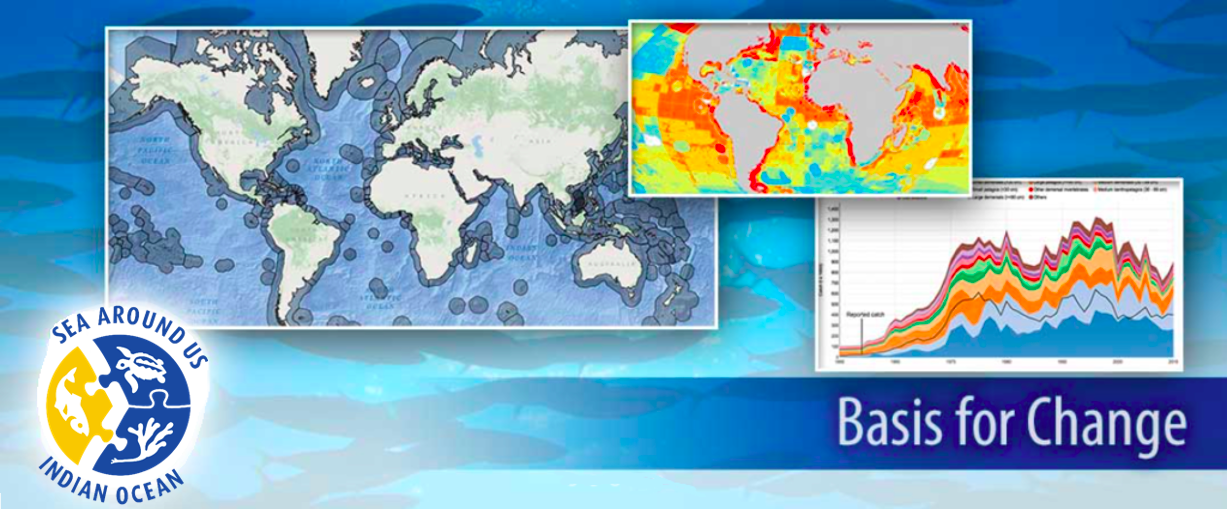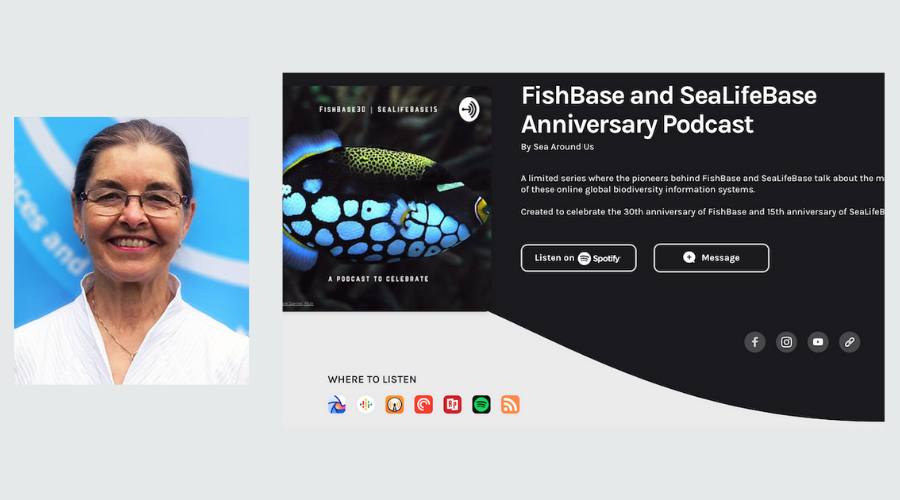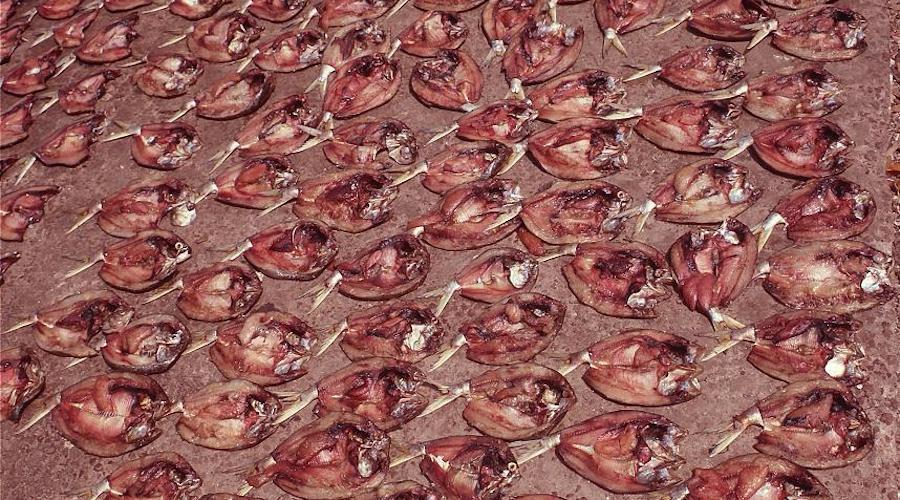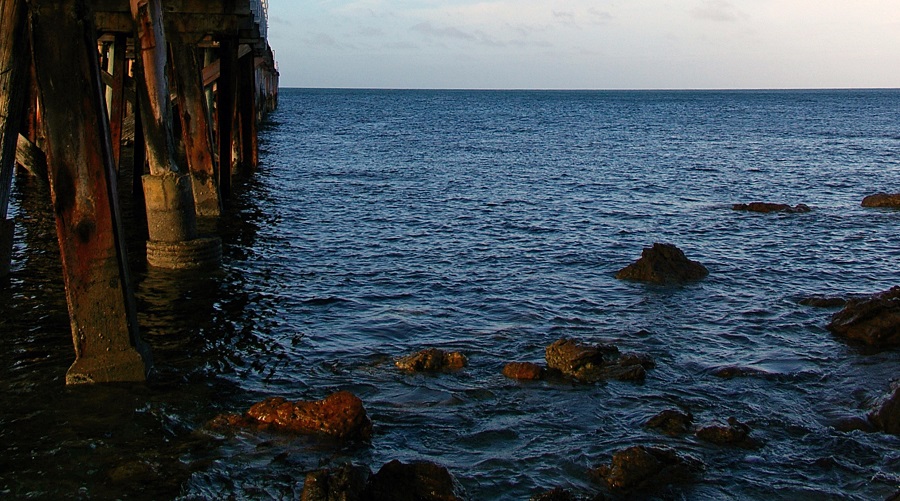
Tasmania. Image by Peter Neaum, Wikimedia Commons.
Seismic surveying is affecting the whiting fishery that operates off the eastern part of Australia’s state of Victoria and the lobster fishery off King Island in the state of Tasmania.
The surveying technique involves using loud blasts to detect potential oil and gas reserves on the seabed.



